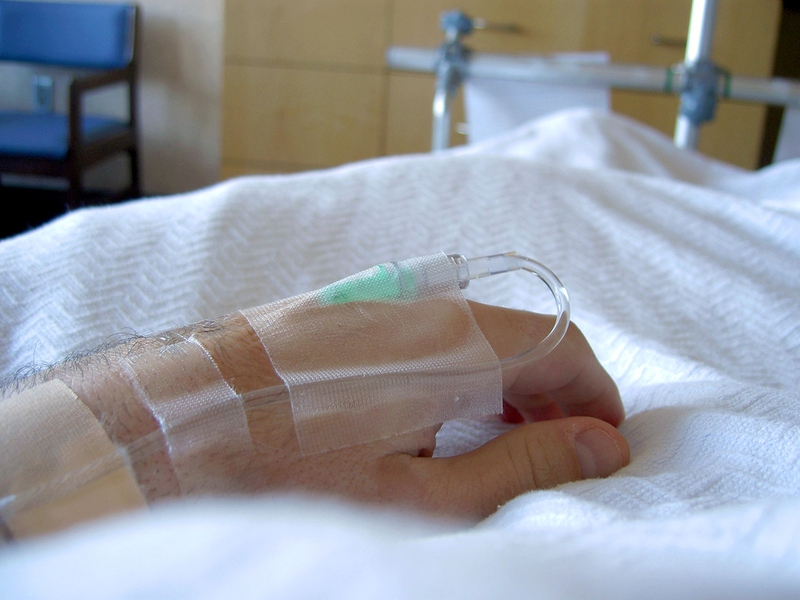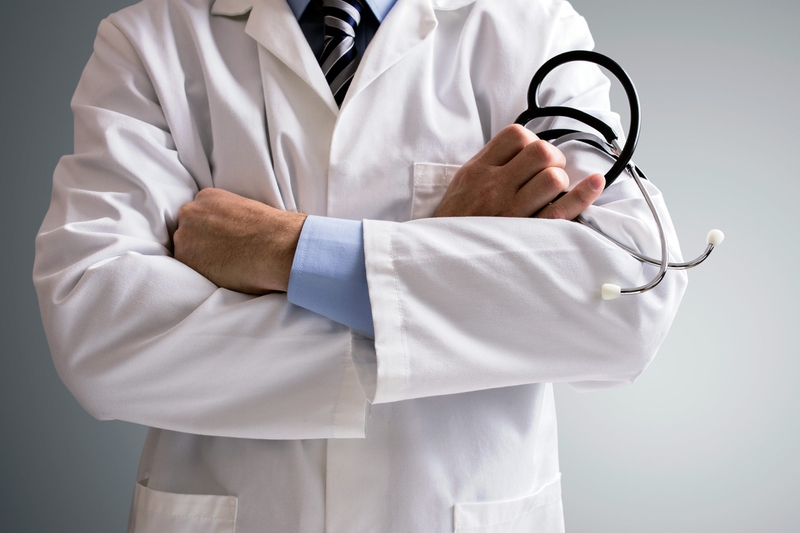According to statistics, 2 billion cases of diarrhea are reported each year, and what’s sad about this news is that 1.9 million children from developing countries who are under the age of 5 die from diarrhea. Diarrhea is characterized by a frequent discharge of watery stool accompanied with stomach aches. However, it should not be confused with frequent passing of normal stool and with the soft stool of breastfed babies, all of these are normal. It is also important to understand that diarrhea is not actually a disease but a sign of an underlying disease or infection. Diarrhea, if taken for granted, may also lead to dehydration which is life-threatening.

Causes of Diarrhea
Bacterial infection
Even though bacteria are part of every person’s life, they are still capable of causing an infection when they begin to breed and overpopulate making the victim’s immune system weak and unable to combat these organisms. Bacteria can be transmitted into a person’s body through contaminated food and water. Some of the common culprits are Campylobacter, salmonella, shigella and Escherichia coli. Parasites may also make a person suffer from diarrhea, to name a few are Giardia lamblia and Cryptosporidium.
Viral infection
Diarrhea may also be caused by a strain of viruses such as Norwalk virus, cytomegalovirus and viral hepatitis. Rotavirus is also a common cause of diarrhea among children. These viruses are easily transmitted through utensils, shared drinks and contaminated food. Persons who never showed signs of these viruses may also transmit them. Proper and frequent handwashing is very important in order to prevent the spread of these viruses as their strains may also be easily passed from one hand to another.
Traveler’s diarrhea
This is also known as Delhi belly or Montezuma’s revenge. This is commonly experienced by travelers who unfortunately consume contaminated local foods and water. It is characterized by frequent passing of watery stool and vomiting. Signs and symptoms of this type of diarrhea usually subside after 12 hours. If you are travelling especially to a developing country, it is advised to only eat food cooked in a clean kitchen and only consume bottled water even when brushing your teeth.
Diarrhea from medicines
Medicines are used to treat certain conditions but it is also true that some of them have side effects and may be one of the causes of diarrhea. For example, antibiotics are used to combat the bad bacteria but at the same time, they are also capable of killing the good bacteria which normally resides in your intestines making you prone to further infection. Other drugs such as anticancer drugs, antihypertensive drugs and magnesium-containing antacids may also cause diarrhea.
Food intolerance
Food intolerance is the inability of a person to digest and absorb the contents of foods which may cause diarrhea, cramps, nausea and gas. Signs and symptoms usually show up after 30 minutes to 2 hours of ingestion. Examples of these foods are dairy products which contain lactose, a sugar which should not be taken by lactose intolerant persons. Other sugars are also capable of causing diarrhea depending on the person’s tolerance. An example is fructose which is usually found in fruits, honey and some beverages. Artificial sweeteners such as mannitol and sorbitol are also not exempted.
Signs of an underlying condition
A diarrhea which only lasts for a day or two may be treated with the help of over-the-counter medicines but if it lasts for more than 3 days, a doctor must be consulted because there may be more serious causes:
Irritable bowel syndrome: This is characterized by stomach aches, cramps, diarrhea and bloating and it is treatable with lifestyle modification.
Inflammatory bowel disease: The gastrointestinal tract is unable to absorb nutrients because of inflammation.
Celiac disease: The body’s immune system attacks the intestinal lining upon consumption of gluten.
Diabetes
Hyperthyroidism
Addison’s disease
Chronic pancreatitis
Home Remedies to Treat Diarrhea
Rehydrate
A patient does not only lose water during diarrhea but also electrolytes. These are minerals important in maintaining the fluid levels of the body and other functions such as muscle activity. It is advised to take electrolyte replenishers like Pedialyte or Oralyte instead of sports drinks to refuel your body. Soup, broth and other fruit drinks may also be taken.
Stick with safe food
While you are suffering with diarrhea, it is important to stick with safe and bland foods like soup and broth until your body is ready. This is to help your body flush the toxins and cleanse within.
Avoid triggers
To further help your body recover from diarrhea, avoid eating foods which are known to be one of the common causes of diarrhea such as high-fiber foods, caffeine, dairy products and other fried and fatty foods. Some vegetables are also known to cause gas such as cabbage, beans and broccoli so you'd better steer clear from them.
Practice proper hand washing
Contaminants that may cause diarrhea are usually transmitted through your hands that’s why it is important to practice proper hand washing. Aside from these, it is also important to wash your hands more frequently if you are suffering from diarrhea to avoid passing the bacteria to others.
Ask your pharmacist or doctor
There are over-the-counter drugs like loperamide and bismuth subsalicylate that are available in your local drugstore. These drugs may help reduce the severity of the signs and symptoms; however, if the diarrhea is caused by an infection, it may worsen the condition because these drugs prevent the body from flushing out these organisms. It is best to seek the advice of a pharmacist or doctor before taking any of these drugs.
Take probiotics
Probiotics contain a live strain of bacteria which enhances the levels of your body’s normal flora. This is helpful in fighting the bad bacteria that are the usual causes of diarrhea. Probiotics can be found in most types of yogurt while there are also probiotics in capsule or liquid forms. Studies have also proven that probiotics are effective in fighting diarrhea-causing bacteria but more studies are being done to determine which specific strain is effective and in what doses.
When to Seek Medical Treatment
If you see any of these following signs, you need to see your doctor immediately:
Black, tarry stool or blood in your stool
High fever
Diarrhea for more than 2 days
Vomiting which prevents you from taking in fluids
Severe abdominal or rectal pain
Diarrhea acquired from other country





View All Comments /Add Comment